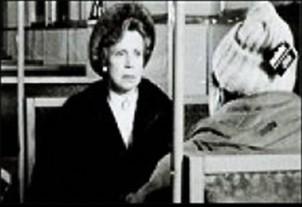NR | 10 min | Drama, Short Film | 1989
As a 25-year-old American actor and TV director, Adam Davidson was still in school when he released his black-and-white debut film, which won the Academy Award for Short Film (Live Action), and the Short Film Palme d’Or at Cannes.





